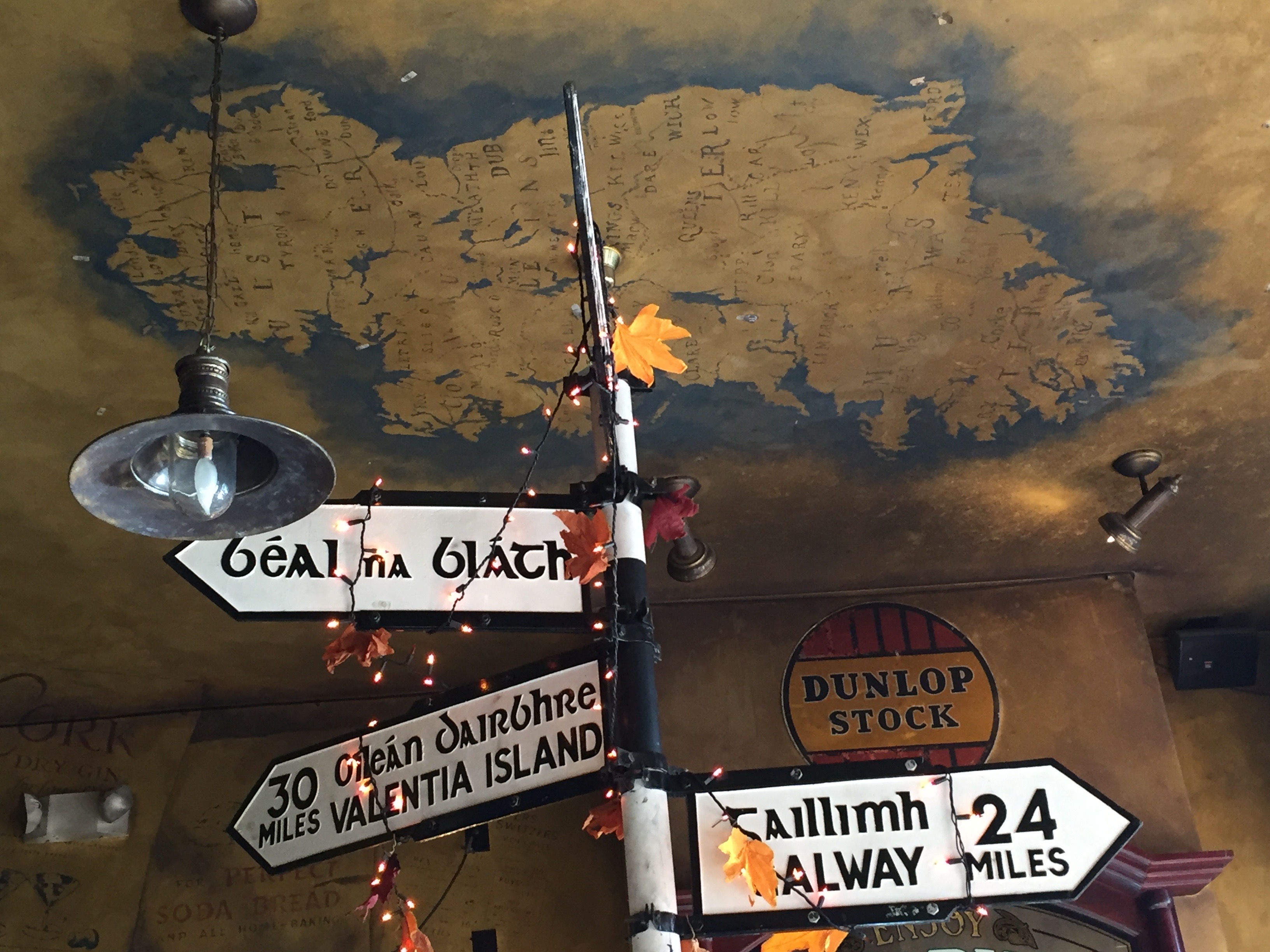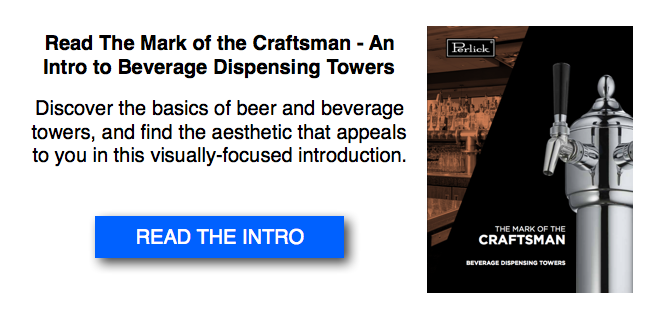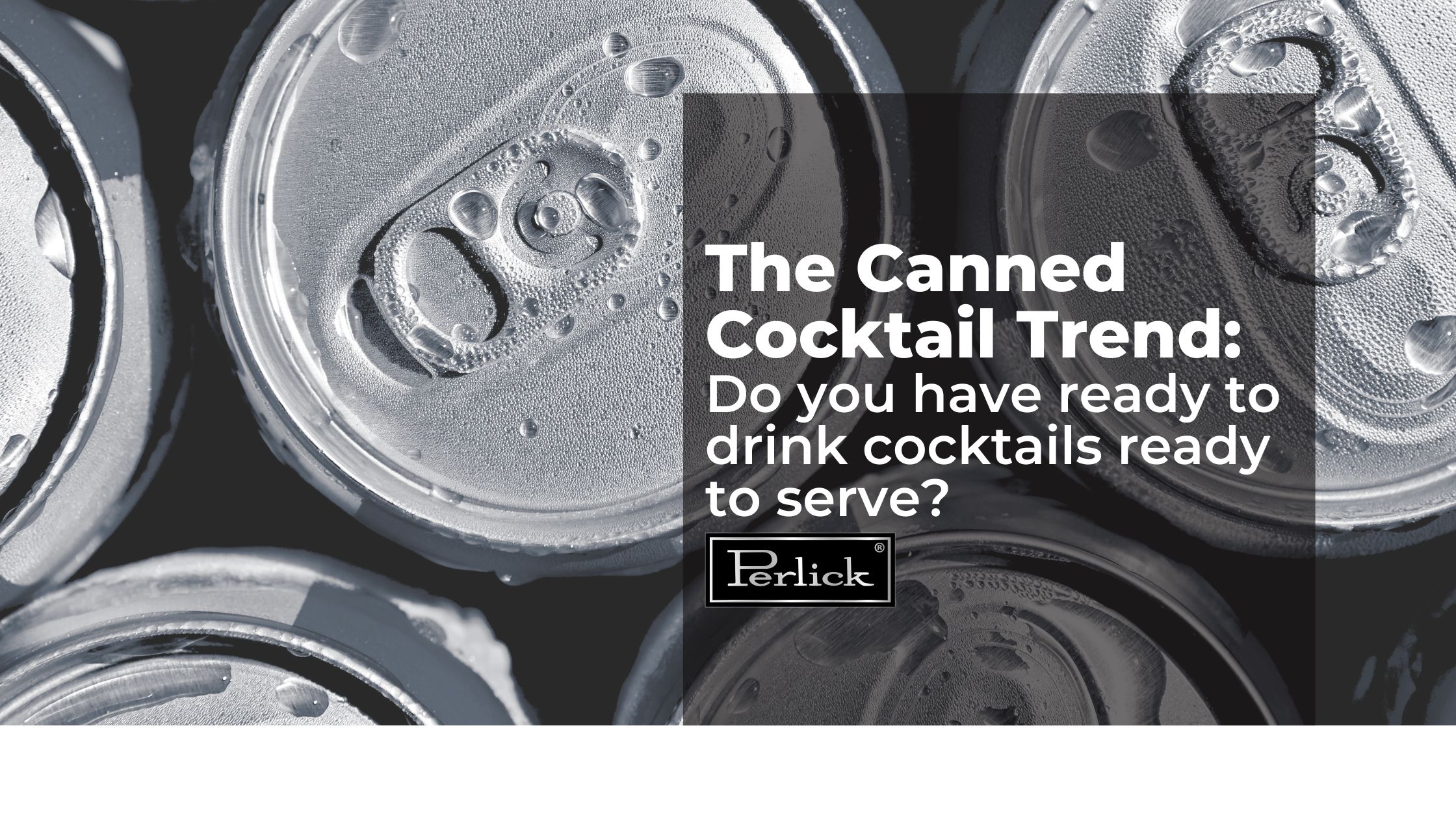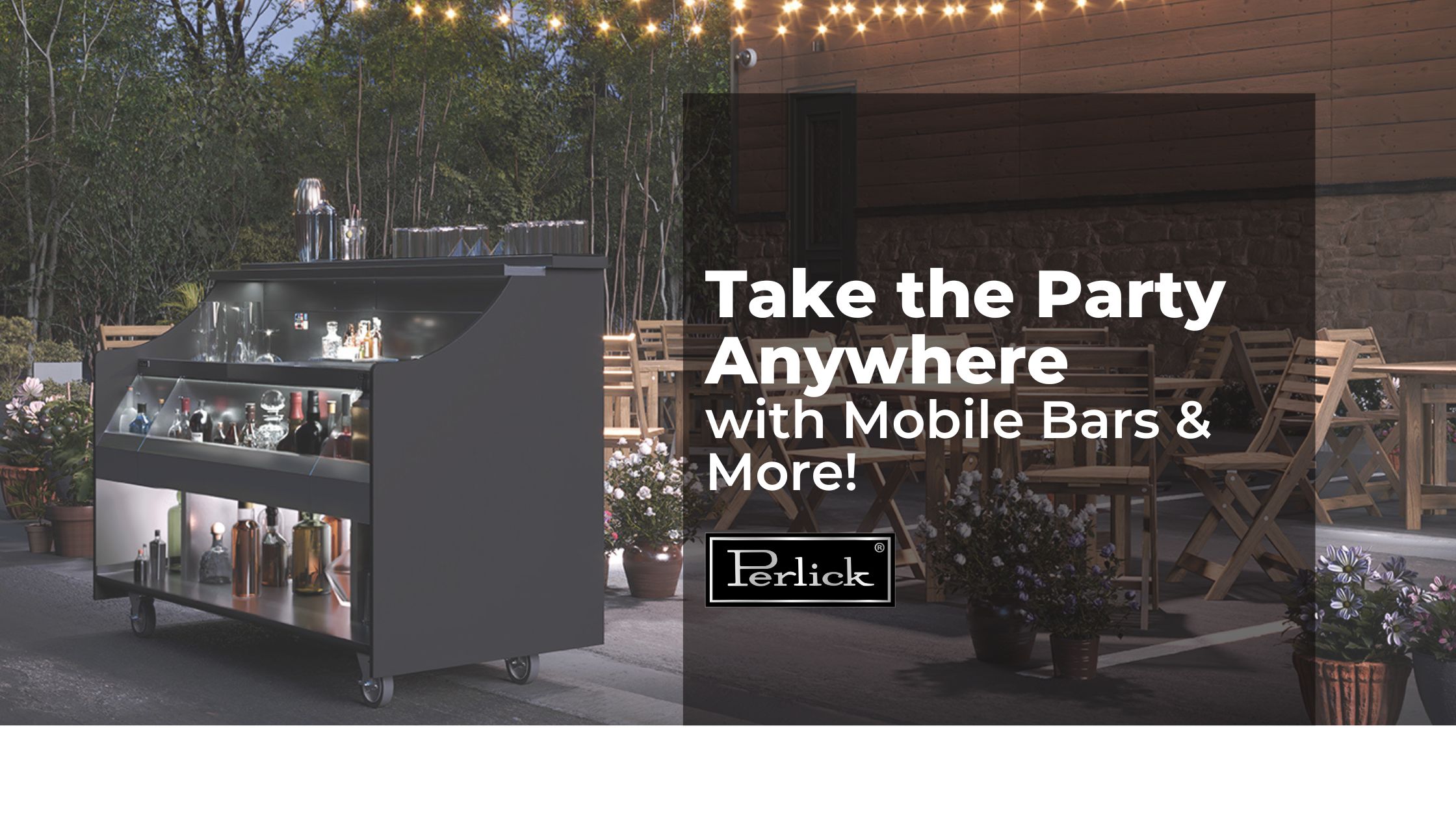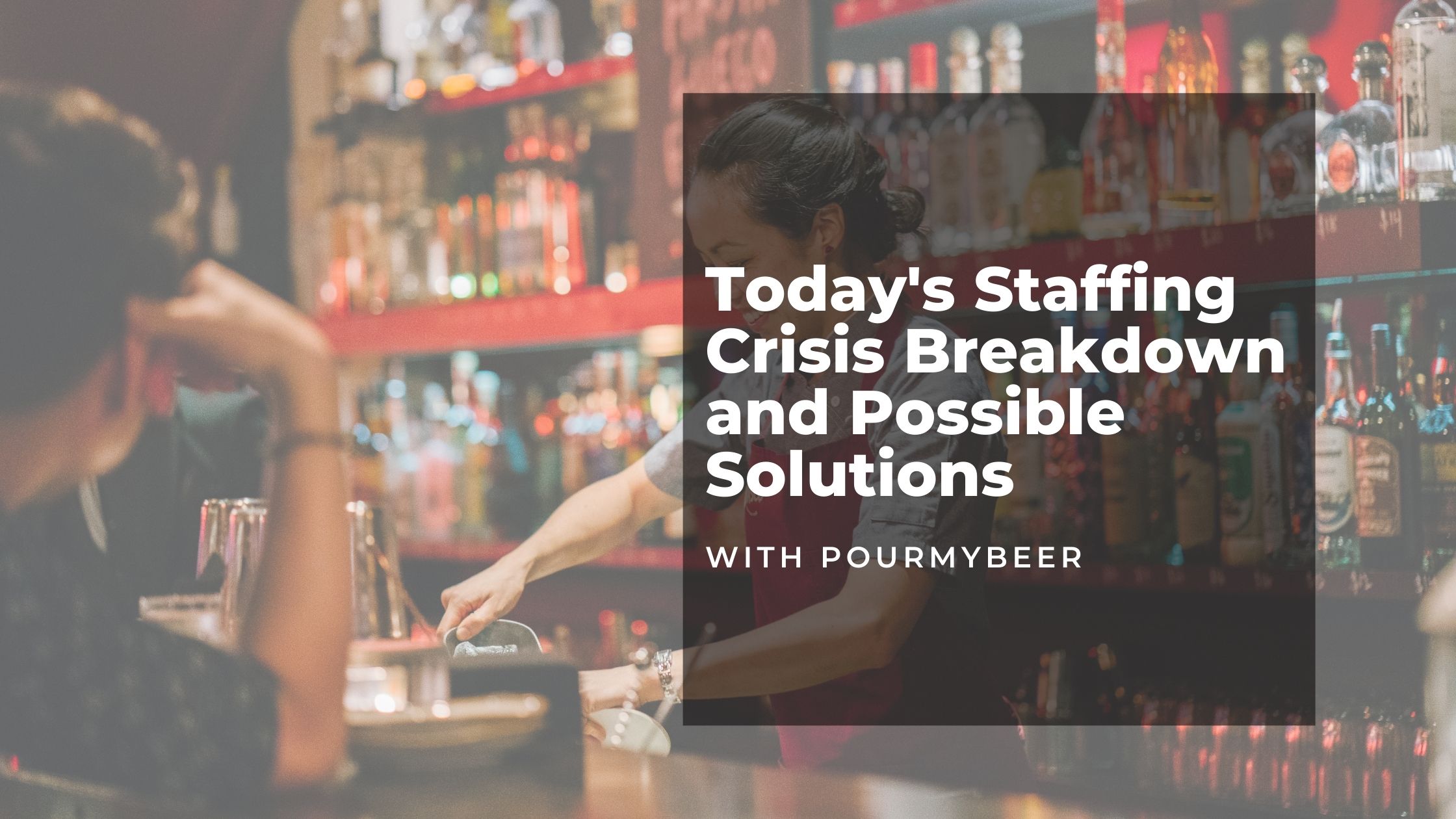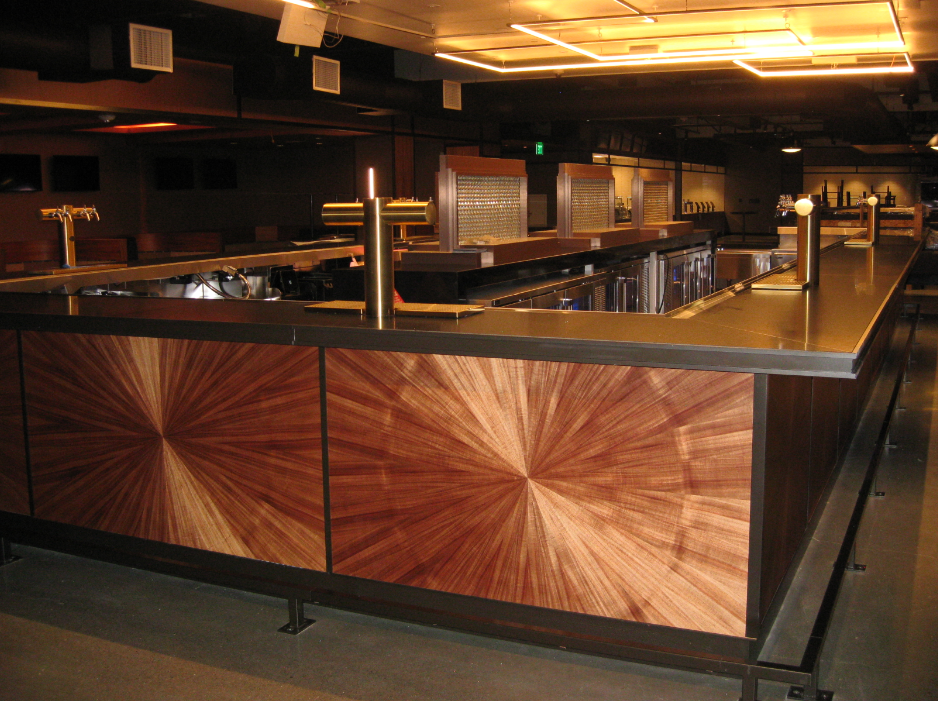Throughout the food and beverage industry, there's no denying a trend toward everything "craft." From beers and cocktails to coffee and chocolate, consumer preferences are trending toward small batch, locally made, sustainably created, and artisanal focused.
But how is this trend affecting things that are more traditional, specifically as it relates to bar and beverage? What is happening to all the Irish pubs? Are we losing our love of all things "green"?
No matter where you go in the world, there's always an Irish pub. A proper pint of Guinness is a benchmark for drinkers, and the Irish pub is a beacon in terms of drinking establishments. Whether you're in Santorini, Greece or Shanghai, China, there is literally an Irish pub in just about every major city across the globe.
In the United States, Irish pubs can be found in places ranging from strip malls to corner urban taverns. Extremely popular in the 1990s and 2000s, there seems to be a shift in consumer tastes, though, and it's likely related directly to the craft beverage movement.
Instead of Guinness, more and more consumers are looking for locally made stouts. Instead of Jameson, the small batch distillery down the street is gaining favor. Instead of fish and chips, diners are looking for elevated menus provided by the newer gastropubs.
In 2016, in and around Denver, Colorado alone, there's been a series of Irish pub closures of some of the area's most famous and well-established Irish pubs. From the 15-year-old Celtic Tavern in Denver's LoDo neighborhood to the even older Conor O'Neill's Irish Pub in Boulder to the more modern Katie Mullen's, there's no denying a shift in bar styles and offerings.
While Irish pubs have been around for longer than 1,000 years (check out Sean's Bar in Athlone, Ireland), they're likely to be around for at least another millennium. At the same time, many Irish pubs in the United States may need to look at additional ways to attract and retain customers such as a more diverse tap lineup.


